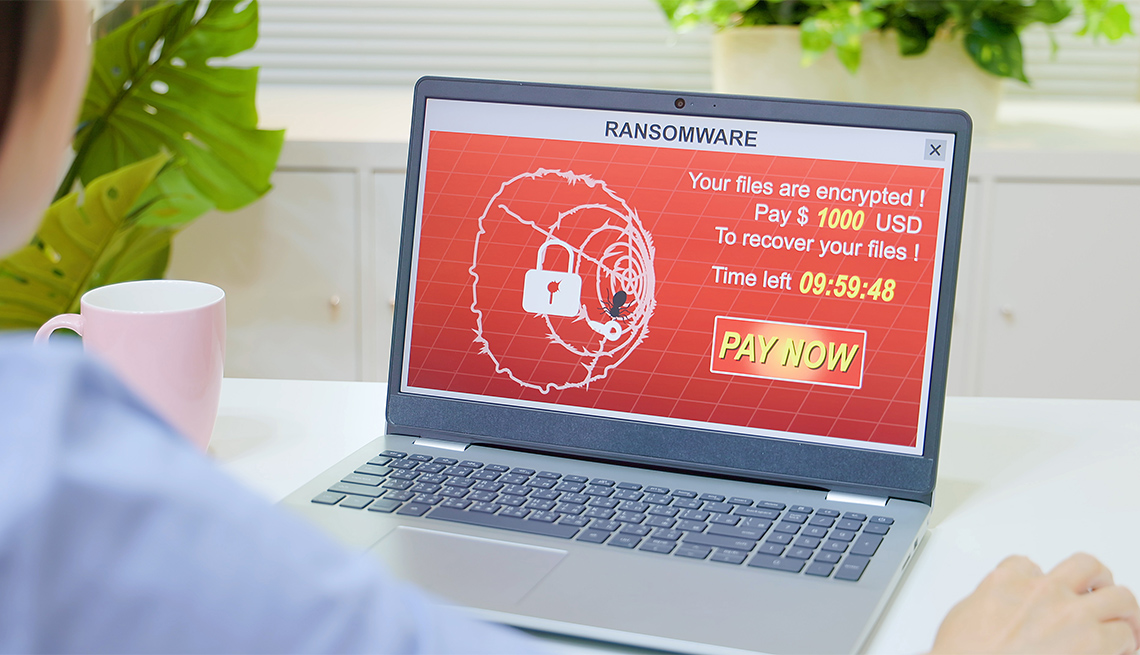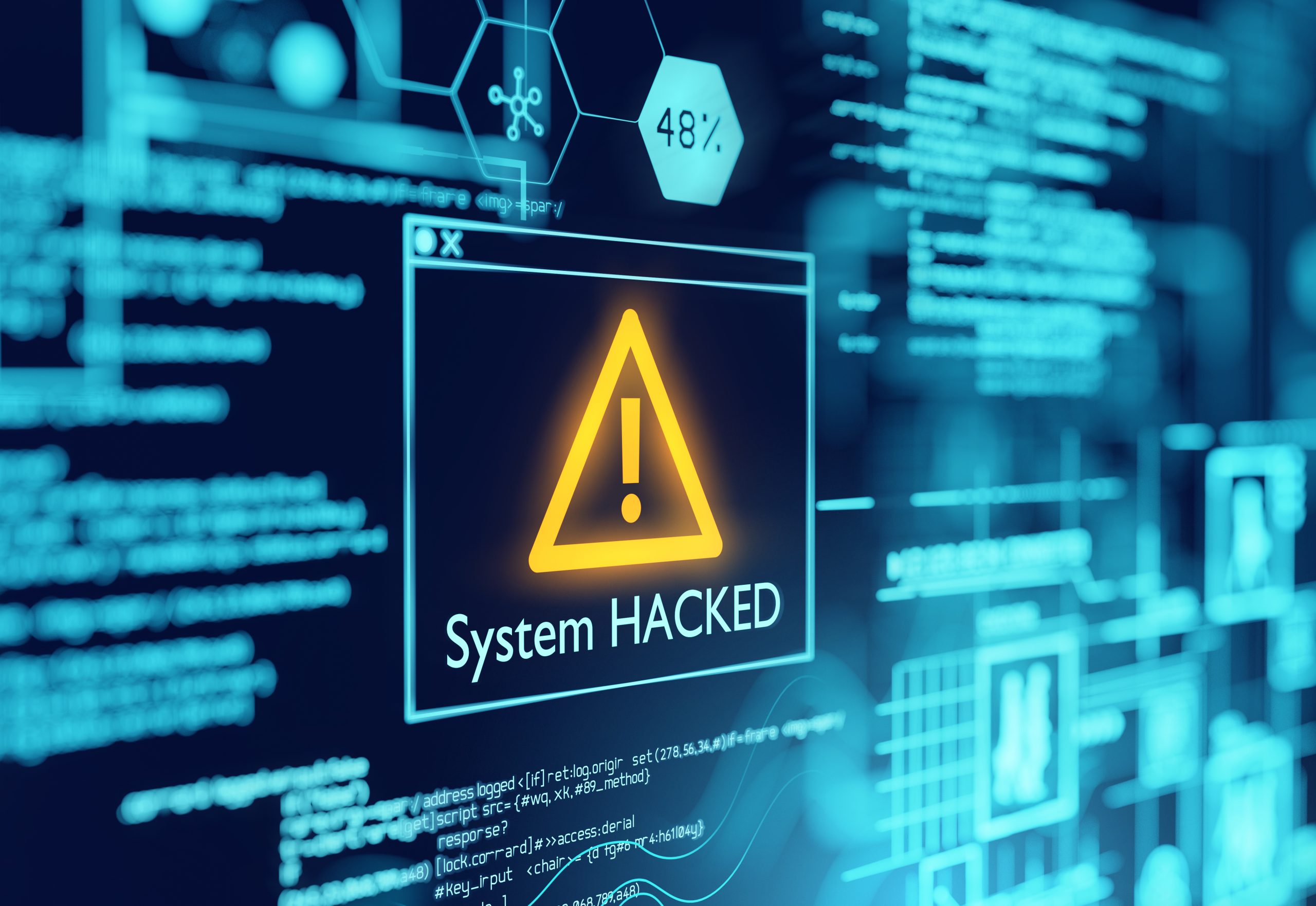Cyber Security
Surge in Cyber Attacks and Data Breaches: A Growing Threat
26 August 2024
|
Zaker Adham
In the first half of this year alone, countless organizations, businesses, and individuals have faced the devastating impact of ransomware attacks and data breaches.

These cybercriminals effectively shut down business operations by locking systems and demanding ransom payments to restore functionality. A prominent example occurred in February 2024 when United Health Care became a target, leading to widespread disruption across the U.S. healthcare system for several weeks. The attack paralyzed pharmacies and hospitals, preventing them from processing claims or receiving payments. The situation was so dire that United Health Care was forced to pay a staggering $22 million ransom to a Russian cybercrime group.
Despite having advanced security measures in place, United Health Care found themselves vulnerable to these relentless attackers, who operate around the clock with sophisticated skills. As the use of Artificial Intelligence (AI) continues to rise, the likelihood of more successful cyberattacks is expected to increase.
Just last week, a significant breach occurred involving the company responsible for storing all information for the Social Security Administration. As a result, personal information for countless individuals was stolen, potentially leading to unauthorized purchases, loans, and new credit card accounts.
To protect yourself, it's essential to take proactive steps such as freezing your credit through the three major credit bureaus: Equifax, Experian, and TransUnion. Freezing your credit prevents identity thieves from opening new accounts in your name. My wife and I took this step by contacting Equifax at 888-547-7878, Experian at 800-493-1058, and TransUnion at 800-916-8800. The process takes about an hour over the phone but is well worth the effort to protect your financial assets. Freezing your credit does not impact your credit score, and it can be easily unfrozen when needed, whether for a major purchase or applying for a new credit card. Consider freezing your credit today to safeguard your personal information.




